This profile of Russell A. Bankson, Spokane author, was originally published in 1935. Russell’s writing career in the pulps started in 1915 and ended in 1957, lasting almost as long as the pulps themselves. One of the authors who helped to fill the pulps, Bankson averaged about 3-5 stories a year, mostly westerns, over that 40 plus year career.
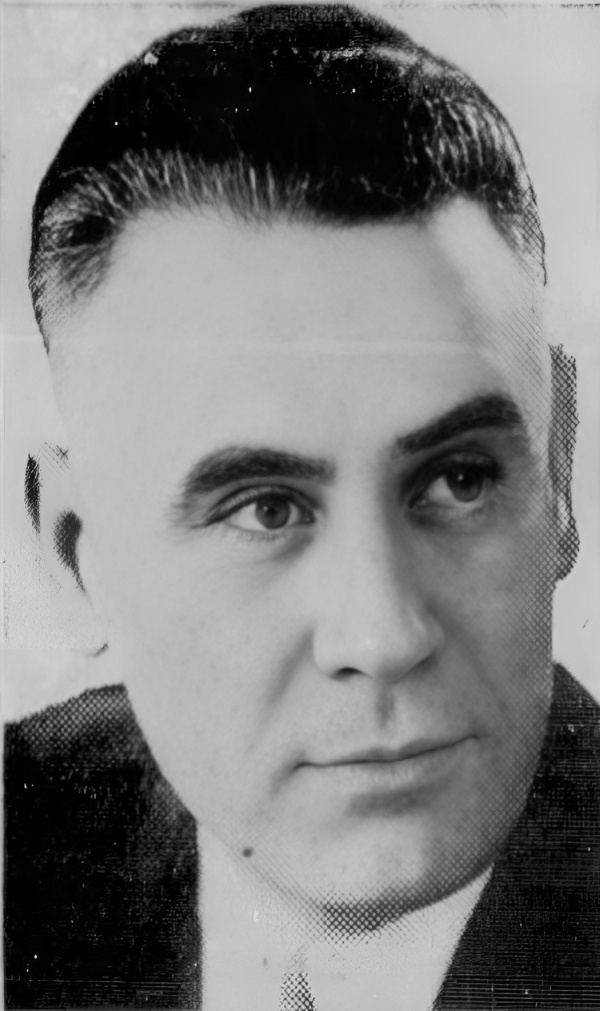
People look at an author and sigh. “It must be wonderful to be a writer.”
But an author sympathizes with himself and sighs, “It’s a dog’s life. What wouldn’t I give to be something else!”
To be an author is something like the frustration of some people who can’t live with or without a certain person. An author would like to give up writing but can’t and there he is.
I talked to Russell Bankson the other day about his writing. Since 1928, when he resigned as city editor of the Spokane Daily Chronicle to devote himself exclusively to writing, he has produced on an average of 150,000 words a year for magazine publication—that is enough to make two novels.
And since 1930 he has had five novels published — Riders of the Breaks published in both the United States and Great Britain; Bitter Grass and Disaster Island. published in Great Britain, and A River Is Dammed, published in the United States. According to his Great Britain contract, he has one more novel to deliver.
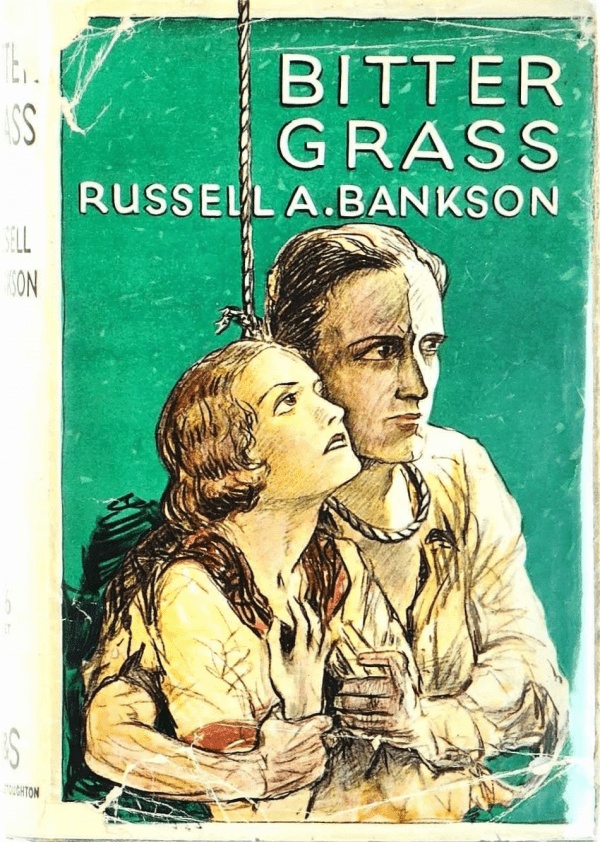
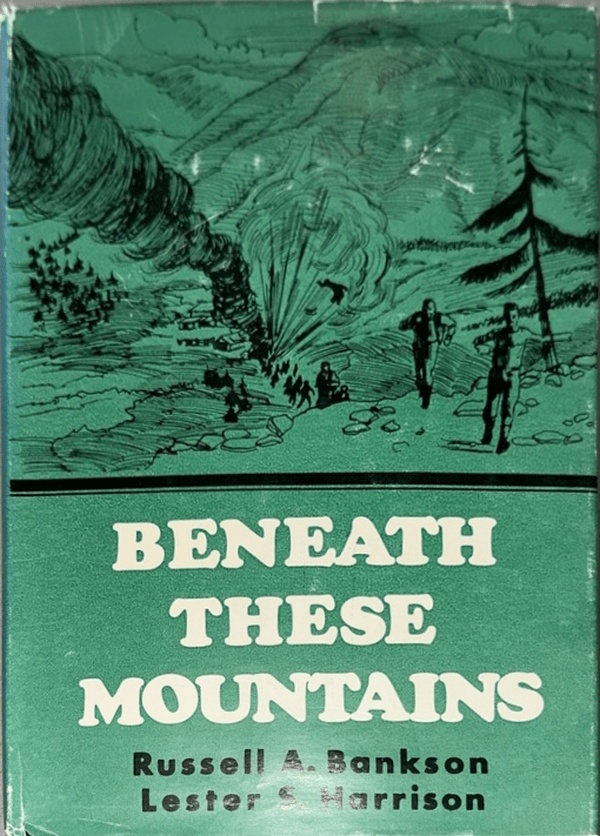
The satisfaction of such accomplishment is great but the work behind it Is tremendous.
Grind Terrific
“The grind is terrific,” Mr. Bankson admitted. “I doubt if there is any harder work in the world than writing. I get at my desk at 8 o’clock every morning and, with but an hour out. for luncheon, write to 5 o’clock. And at times when situations won’t work out right, you can get yourself in a turmoil of nervousness that won’t let you sleep and you can’t keep your mind from mulling over a story even when you are talking to people.”
Gun Play Liked
“Not long ago, I sent a story to an editor and received a letter that informed me he liked my environment but that the story didn’t possess enough gun play and that it was not until page three that I Introduced my villain.” Mr. Bankson narrated. “So I killed two men on the first page and before I finished the tale I counted up 29 dead. The editor liked it and even played it up on the cover.”
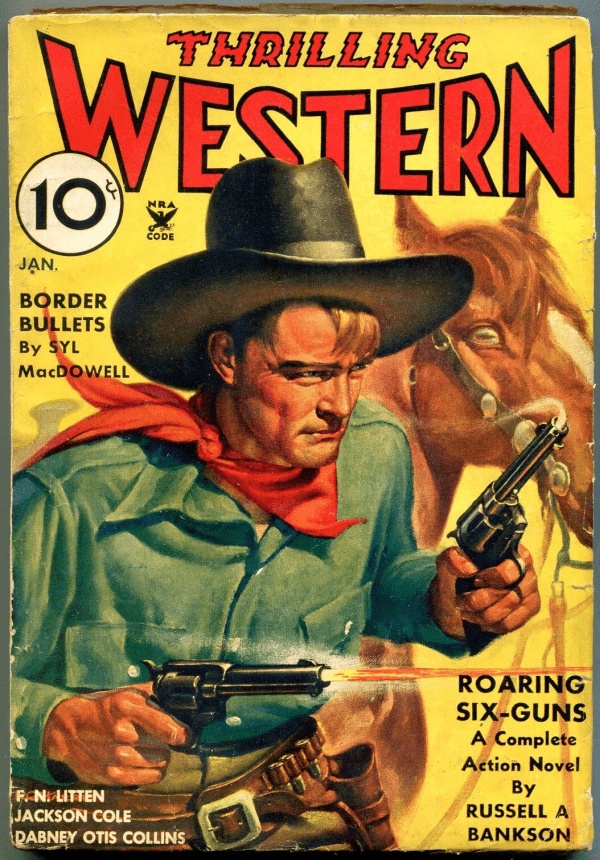
All cowboy stories must be set in Colorado, Wyoming, Nevada, Montana and never in Washington or Idaho. Mr. Bankson says. Editors don’t believe that Washington or Idaho have cowboys, hence these two states are out. Cowboys today don’t wear chaps or carry guns, but editors demand that they do. Mr. Bankson let one of his heroes ride to town in an old auto but the editor refused to countenance it because he said no easterner believed that there were autos in the cowboy country.
All heroes can eat any amount of lead, Mr. Bankson explained. You can fill him with bullets everywhere and let him live a happy life so long as the bullet doesn’t hit a vital spot.
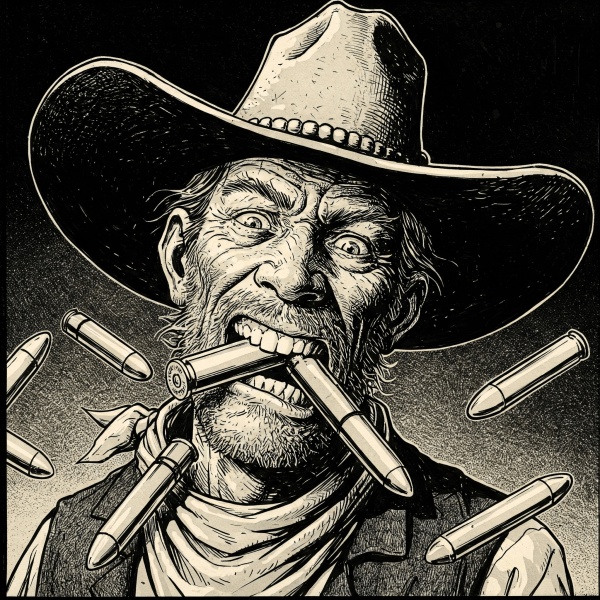
“Do you miss a newspaper office?”
“Do I? Sometimes it is all I can do not to get back into the newspaper I business.”
But that is the curse of everybody who ever worked in a newspaper office. It possesses a fascination that refuses to be downed. And, of course, Mr. Bankson would never leave his successful writing career to return to a newspaper job. So there you are, or rather there he is.
The writing world is undergoing the vicissitudes of change just as | most businesses are. To the lay person, it would seem that the novel were an institution safe from assault, but Mr. Bankson says it isn’t.
Future Threatened
The lending libraries are making the writing and publishing of novels so unprofitable as to threaten the future of both writer and publisher.
“In the heyday of novel publishing, it was not unusual for an author to sell from 5000 to 10,000 copies, but today 2000 is good,” Mr. Bankson said. “And unless you can sell serial rights to a novel, it isn’t worth the labor to write it. After working on it for three months, you may not get more than $500 in return. One of my publishers quoted Doubleday & Doran as saying that the book publishing business is the worst in 40 years. According to a survey, 35 potential buyers (sic) of books use rental libraries, so you can see the fate of the novelist.”
According to Mr. Bankson, the western story has come back Into its own. The gangster and “G” men stories shoved westerns into the background but now they are heading the list of demand. But there is this difference, the new western formula must climb from its difficulties through gun play, not mental gymnastics.
Geared to Thrills
The why of all the killing is that the public has been geared to thrills by the movies, and the “pulps”, rough-paper magazines give the public what it demands. And even the “slicks” are catering to the public demand for the action western.
Mr. Bankson related the ascendancy of one pulp magazine writer to the “slicks” who is now getting $6000 a serial from one of the biggest national weeklies. He knows of some writers who have made as high as $100,000 a year on pulp magazines. And gradually many of these graduate to the slick paper publications—they are the training school for the upper bracket magazines.
As Mr. Bankson puts it, you can get a plot anywhere, but you must have fresh environment in which to stage a story; consequently, each summer he takes trips that put him in contact with ranch life, he goes to stampedes and round-ups throughout the west, sometimes to Montana, sometimes to Nevada, sometimes to southern Oregon. He lives with cowboys and works with them.
And he laughed: “If the skeletons of all the men I have killed on these western ranges were strewn about, the country would be white with bones.”
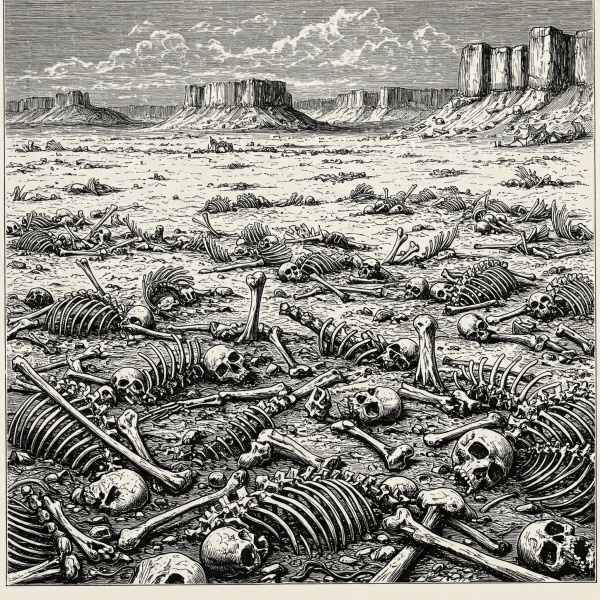
Mr. Bankson is a young man who doesn’t boast any temperamental idiosyncrasies so far as can be observed. He takes his writing as a business and not an inspiration.
Writing is becoming known in its true guise these days—that it is a matter of perspiration rather than inspiration. And if he has any writing peculiarities, it la that he must write before a crackling fire in a fireplace. Even in hot weather, he has his fire.
“That is when most people would consider it silly to have a fire.” he explains. “But it relaxes me to look into a fire as I write.”
It also does away with a wastebasket. which is a time-saving device if you aren’t a good shot.
All of which brings this story to a period.